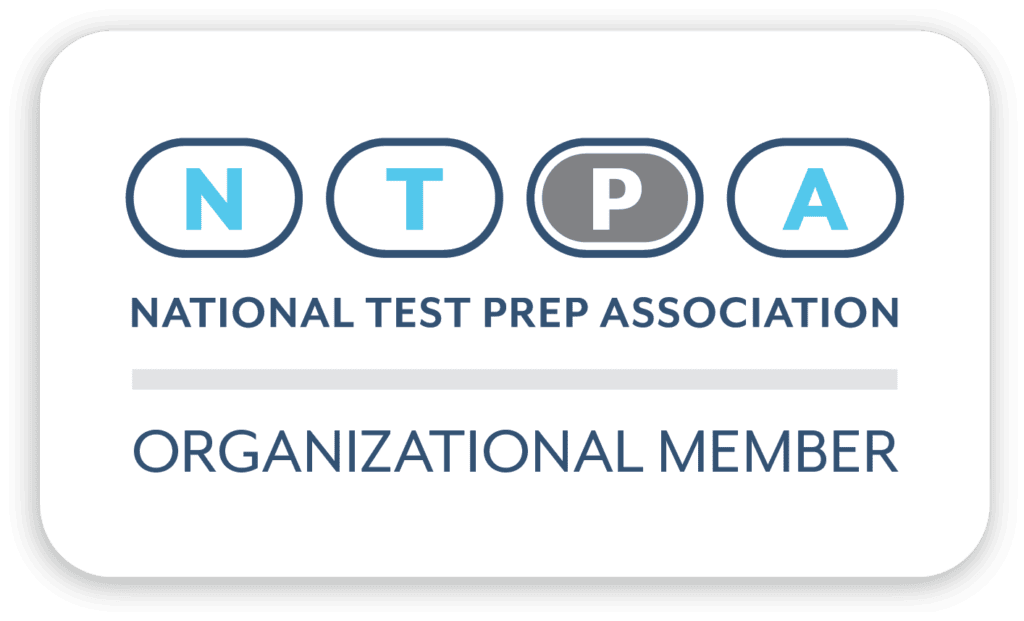The world of college admissions can be daunting – and each year, it seems students start their process earlier and earlier. So when should you start working on the college admissions process with your student? And why does starting early make such a big difference?
Starting early does not mean filling out college applications in middle school or taking the SATs as a 9th grader. Rather, starting early means making the most of the opportunity that high school provides for students to explore their interests, embrace new experiences, and develop skills that prepare them to become independent, well-equipped, self-driven college students.
We spoke with Renate Gundermann of Barrett’s Mill Consulting, an expert college consultant, about the value of getting an early start to the college admissions process.
When should we start thinking (and talking!) about college?
The college admissions process looms large for many parents the moment their students enter high school. But how early should you start thinking about college applications?
The short answer? “The earlier the families can start thinking about it, the better,” Gundermann says. Ideally, families should start thinking about college and university applications around sophomore year – the same time many students take their first PSAT. The PSAT is, for many students, the first thing they will do that is specifically geared towards college, and this presents a valuable opportunity to begin an open dialogue about college at home. These frank conversations about college are important not only for the purposes of planning and strategizing but also as opportunities for your student to reflect on who they are, who they want to be, and how they can exercise agency in their college process.
When your student first starts thinking about college, it can be helpful to ask: what adjectives do I want to describe me? This question presents an opportunity for a student to thoughtfully consider their values as well as their strengths. ‘Studious’ and ‘capable’ may speak to what they can achieve in the classroom, while ‘compassionate’ or ‘courageous’ may be evident in their extracurriculars. When a student begins to think about this early on, they afford themselves more opportunities to pursue activities that clearly demonstrate their passion, their character, and their well-roundedness. When we plan ahead, we simply give ourselves more options and reduce our stress.
An (almost) leisurely approach to college tours
When you start the college process early, you allow time for several college visits without having to try to cram them all into just one or two school breaks, and your student has time to take a thoughtful approach to their tours.
College visits are a critical part of the college exploration process for students, and it’s important for students to see several different types of schools: urban and rural, large and small, liberal arts or research oriented. Over the course of their process, your student will likely hone in on a few schools, and subsequent visits may focus on more subtle differences between similar colleges.
During your visit, encourage your child to take detailed notes – these will almost certainly come in handy in answering the supplemental essay question, “Why do you want to attend this school?” If possible, have your student sit in on a class and introduce themself to the professor, and spend some time in the cafeteria and student union to get a sense of the atmosphere and to talk with students about their experiences.
When you allow enough time for your student to thoroughly explore their options, they will be able to make more thoughtful decisions about where to apply and why they want to go there. This comes across in essays as being “really sincere and truly interested, and it separates yourself from others who might not have done that hard work or research,” Gundermann says.
When a student is making a tough decision between colleges, it may be valuable to visit campuses a second time. By starting the college process early, families allow enough runway for students to take a second, closer look that can help them to feel confident that they have made the right choice.
Early decision and early action
Another reason to start the college admissions process early is that early decision and early action provide students’ the best odds of being admitted into an extremely competitive college. The deadline for both is typically November 1st, which accelerates the application process by more than a month at most colleges.
Early decision (ED) and early action (EA) are not the same. Early decision is a binding agreement, meaning that if a student is accepted through early decision, they are obligated to enroll at that school and withdraw any other pending applications. This commitment is taken seriously by colleges, and students should carefully consider their options before applying ED. If your student is accepted ED, be aware their financial package might not be as easily negotiated, as they are already committed to go regardless of aid.
Early action (EA) is a non-binding option through which students can apply early and receive an early decision without being committed to attending if accepted. Many students who apply EA are deferred, meaning they have to wait until the school releases its decisions for all applicants a few months later.
There are many factors that go into deciding if and where your student should apply ED or EA. As with so much of the college admissions process, this decision requires thoughtful consideration and planning. When we start thinking about these things early, we make it easier to understand our options and formulate a strategic plan that doesn’t create undue stress or pressure.
Taking the scenic route to your college essay
Many students write the first draft of their college essay in the spring of their junior year but then later find themselves rewriting large portions of their essay or picking a new topic altogether. While this can be frustrating for students who simply want to be done with the process, an iterative approach to the college essay often results in the best final result. The first few drafts are an opportunity to explore, and students may discover important things about themselves through the process of writing.
Writing from a personal perspective can feel uncomfortable and awkward for students who don’t have much experience with this writing style. “Students are so familiar with writing the literary analysis essay…But what feels vulnerable and what feels new is writing from the ‘I’ perspective,” Gundermann says. Students can address this head on by reading examples of college essays to get a sense for the broad range of tones and styles. Gundermann recommends the book 50 Successful Harvard Application Essays as a valuable resource.
“Read through these essays, cover up the analysis, and ask yourself, as the student, what do I think about the topic? What do I think about the style?” Gundermann says. Then, read Harvard’s opinion. By critiquing these essays independently, students can develop a clearer understanding of their own preferences and writing style, and they may develop ideas for topics or approaches that they otherwise may never have considered.
Encourage your student to embrace this unique opportunity to express themselves in a vulnerable way. They can share moments when they felt successful, faced challenges, or experienced personal growth. In doing so, they convey their drive and values, and help colleges understand how they would contribute to their campus community.
As a parent, you can offer support by providing gentle feedback on drafts and encourage your student to seek additional guidance from teachers or college counselors like Renate. It’s important to remind your student that they get the final say – in fact, establishing this autonomy can make students more receptive to constructive feedback. If your student finds they are feeling stuck or need additional support, you may want to consider essay coaching to help them find their voice. Our expert college essay coaches can help your student craft a meaningful essay to present the best possible version of themselves.
The ultimate goal? For the admissions officer to recognize and appreciate your student’s unique qualities and the contributions they would make to their college community.
Keeping Perspective
It’s all too easy to get wrapped up in the college admissions process, and many students begin to fixate on just a small handful of schools, including those that have become increasingly competitive in recent years. These schools, often referred to as ‘reach’ schools, typically have very low admissions’ rates and may also be a stretch based on a student’s qualifications. While a student should want to attend every school on their list, these reach schools often account for an outsized portion of the thought and emotion that the college process demands.
“So often, the focus is on the reach schools. Should a student not get in, there’s a crushing feeling,” Gundermann says. Encourage your student to apply to a range of schools that align with their academic and personal interests. By diversifying their list, they increase their chances of finding a school where they will thrive. It’s also important to be conscious of your own hopes and expectations. If your student is heartbroken about not getting into a particular school, it is crucial that they can count on you for support and encouragement. When you are as disappointed as they are, your student may feel that they have let you down, which can make the rejections sting even more.
Remind your student that their worth is not defined by the college they attend, and there are many aspects of the admissions process that are beyond their control. The effort they invest into their education and personal growth is far more important than any brand name college – and that’s true regardless of where a student is or is not admitted.






